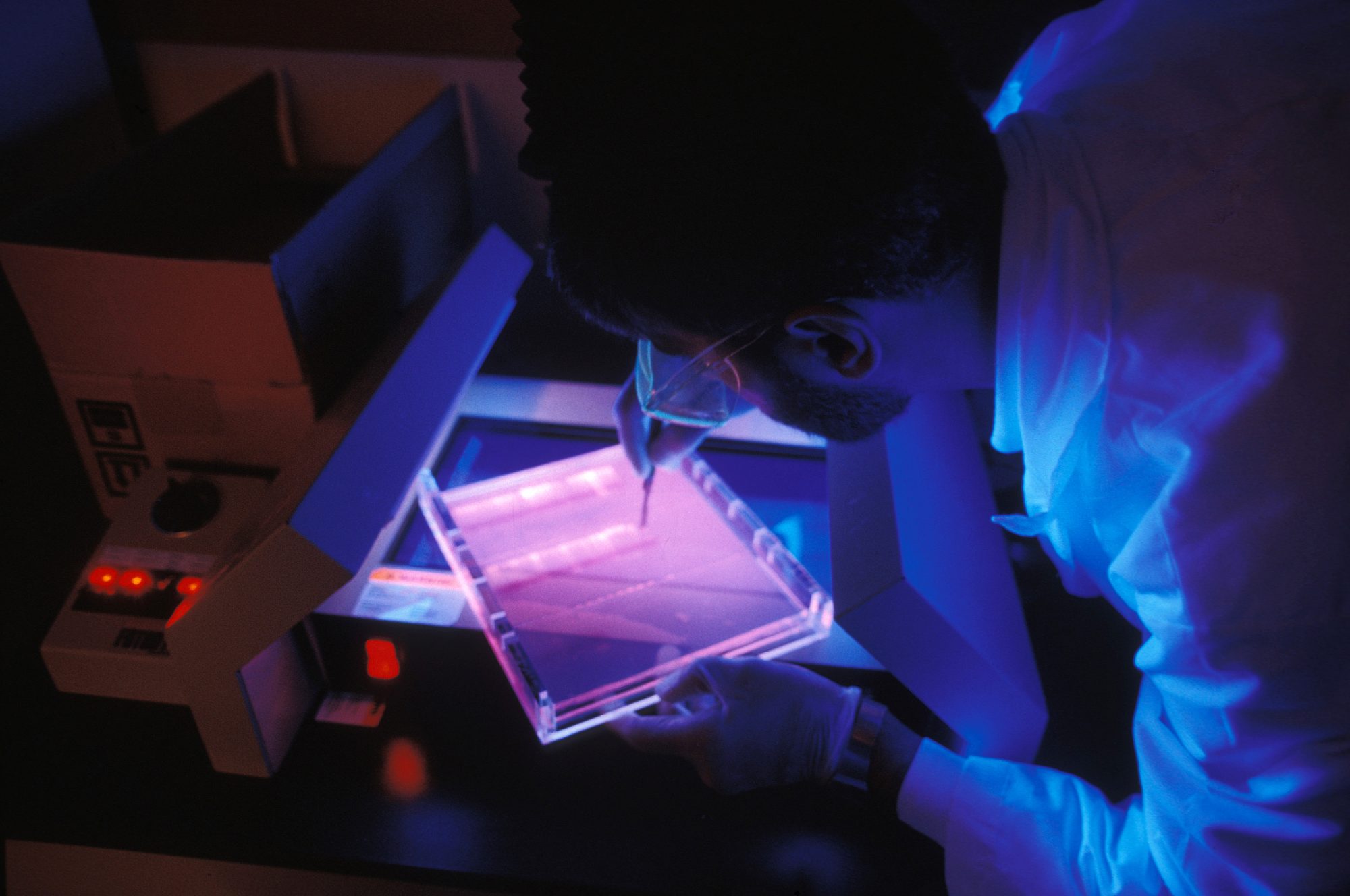Google Blog: Analyzing 3K rice genomes characterized by DeepVariant
- From
-
Published on
21.03.19
- Impact Area

The 3,000 Rice Genomes Project (3K RGP) is a collaborative, international research program that has sequenced 3,024 rice varieties from 89 countries. This massive dataset is a powerful resource for understanding natural genetic variation in rice as well as for large-scale discovery of new genes associated with economically important traits. It will help accelerate the pace of developing improved rice varieties around the globe to feed a growing population, estimated to reach more than 9.6 billion by 2050, with half of humanity relying on rice for sustenance and livelihood.
Three research institutions—IRRI, the Chinese Academy of Agricultural Sciences (CAAS), and the Beijing Genomics Institute (BGI) Shenzhen — collaborated to sequence the genomes of 3,024 rice varieties and lines housed in the IRRI (82%) and the CAAS (18%) genebanks. The sequencing and initial analysis was funded by grants from the Bill & Melinda Gates Foundation and the Chinese Ministry of Science and Technology. This dataset contains millions of genomic sequences from a diverse set of rice varieties that, when combined with phenotyping observations, gene expression, and other information, provides an important step in establishing gene-trait associations, building predictive models, and applying these models to breeding.
The result of this collaboration to sequence and characterize the genomic variation of the Rice 3K dataset was published in April 2018.
In this blog post , Google engineers and analysts explore the identification and analysis of different rice genome mutations with a tool called DeepVariant . They conducted a re-analysis of the Rice 3K dataset and have made the data publicly available as part of the Google Cloud Public Dataset Program pre-publication and under the terms of the Toronto Statement .
…
Related news
-

ICRISAT to Deliver World-Class Services as CGIAR’s Breeding Resources South Asia Hub
International Crops Research Institute for the Semi-Arid Tropics (ICRISAT)07.07.25-
Biodiversity
-
Food security
Strategic collaboration to scale innovation and deliver harmonized, high-quality support across CGIA…
Read more -
-

Shaping policy changes for a sustainable cropping system in Uttar Pradesh, India
International Rice Research Institute (IRRI)03.07.25-
Food security
by Dr. Proloy Deb and Dr. Swatantra Dubey The Central Plain region of Uttar Pradesh…
Read more -
-

KOICA, UPLB, IRRI Partnership Establishes a Genomic Powerhouse to Future-Proof Agriculture
International Rice Research Institute (IRRI)01.07.25-
Food security
LOS BAÑOS, Philippines (26 June 2026) — KOICA, UPLB, and IRRI came together to showcase…
Read more -
